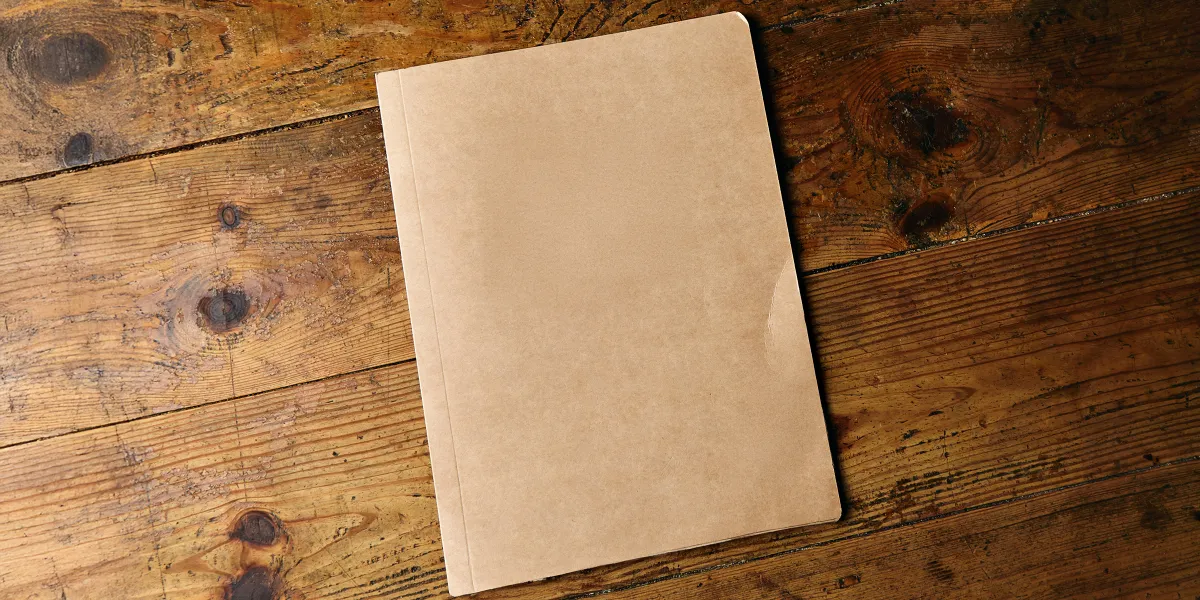The call about my father’s death came after six years of silence between us. The lawyer asked me to handle his estate, and I hesitated, unsure if I could face the house where our strained past lived. Growing up, my dad was never harsh, but he was distant. He’d clap at my swim meets but forget my friends’ names or my birthday, always just out of reach.
When I was a teenager, he left my mom for someone new, shattering our family. After that, we barely spoke—just awkward lunches or delayed texts. By college, we were strangers. Our last talk ended in anger, with me saying he didn’t understand me and him calling me ungrateful. That was the end, leaving only silence.

Stepping into his house felt strange, like entering a memory that wasn’t fully mine. Dust coated old photos, his shoes sat by the door, and a cracked mug rested in the sink, waiting for him. I packed his belongings, trying to stay unemotional. Memories slipped through—his quiet mornings, the hum of his coffee maker—but I brushed them off.
In the attic, the air was heavy with dust. I found a box marked “random stuff,” holding swim medals, yearbooks, and my old diary, its cover worn but familiar. I opened it, expecting to cringe at my teenage complaints about grades and insecurities. But there, in my father’s handwriting, were gentle notes in the margins, not criticism.
Next to “I’m a failure,” he’d written, “You’re my brave girl.” Beside “Nobody cares,” he’d added, “I do, more than you know.” The ink was recent, written years after I’d moved out. I sank to the floor, tears falling, picturing him reading my words in the quiet attic. Was this his way of fixing what we’d lost?
One entry, from my graduation, spoke of feeling invisible. Below, he’d written, “I failed you, but I see you. I’m sorry.” My voice broke as I whispered, “Why didn’t you tell me?” The diary became a bridge across our years of distance, a conversation we never had in life.
I left a note on his desk: “I saw your words. I understand now.” Saying goodbye felt lighter, like a burden easing. The house sold quickly, and the diary stayed with me, on my shelf, no longer buried.
I skipped his funeral, unsure how to grieve. But one afternoon, I took wildflowers and the diary to his grave. Kneeling there, I shared updates about my life, my godson’s milestones, and our shared regrets. “Goodbye, Dad,” I said, and it felt like healing, not hurt. Those pages let me carry his love without the pain.


